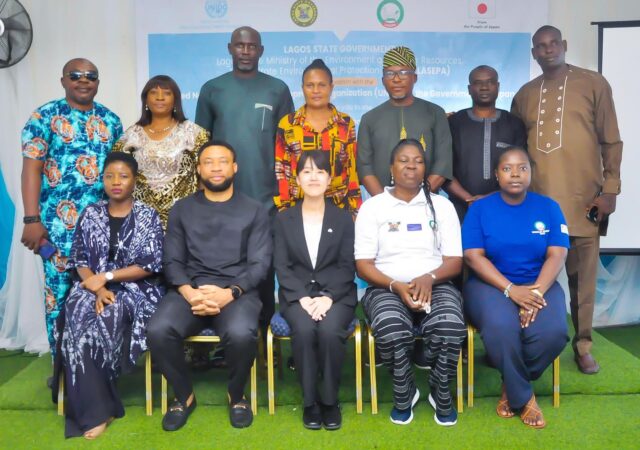The Media Awareness Journalists Initiative (MAJI), a non-governmental organisation, has urged governments at all levels to prioritise data analysis for effective environmental monitoring and documentation.
MAJI’s Executive Director, Mr. Onyekachi Okoro, made the call on Thursday, April 17, 2025, during a sensitisation programme on environmental pollution organised by the group in Port Harcourt, Rivers State.
He said the programme, tagged “Invisible Threats”, aimed to encourage government to adopt proactive, data-driven approaches in addressing pollution and environmental degradation.
Okoro highlighted Nigeria’s key role in global environmental justice conversations, particularly at the Conference of Parties (COPs), and stressed the importance of data analysis in quantifying environmental losses.
“Having verifiable data gives Nigeria a strong footing in international negotiations. It allows us to engage based on facts and evidence,” he said.
While acknowledging current government efforts, Okoro called for greater incorporation of data-driven strategies, especially in remote areas where environmental challenges are often underreported.
He urged stakeholders to utilise technological tools for data collection, noting that such an approach would provide valuable insights into the environmental struggles of local communities and aid in designing solutions – particularly for the Niger Delta.
Over the past six months, Okoro said MAJI had deployed low-cost tech devices to gather environmental data across the Niger Delta region.
The resulting fact sheet analysed more than 27,000 data entries from 11 communities across Rivers, Bayelsa, and Akwa Ibom.
“The devices recorded information on air quality, pollution levels, temperature, climate change, and the impact on livelihoods,” he said.
Okoro recommended that government, civil society organisations (CSOs), the media, and other stakeholders embraced data analysis as a tool to improve environmental governance and accountability.
“These recommendations, if applied, will support the quest for environmental and climate justice, especially for communities seeking compensation,” he added.
Okoro also appealed to government agencies, NGOs, and well-meaning individuals to partner with MAJI in expanding the project’s reach and impact.
Also speaking at the event, Prof. Mbalisi Festus, an environmental educator at the University of Port Harcourt, lauded MAJI’s initiative.
He emphasised the critical role of data in evidence-based advocacy, environmental education, and demanding accountability from both governments and multinational corporations.
Festus also called on CSOs and the media to intensify awareness campaigns, particularly targeting youth and individuals engaged in environmentally harmful practices.







